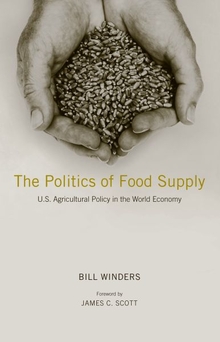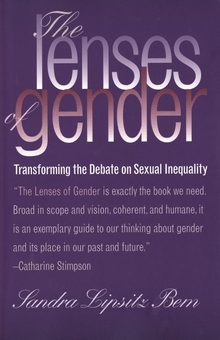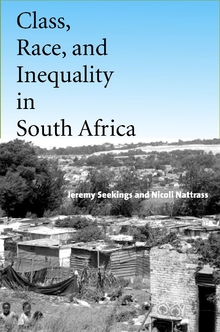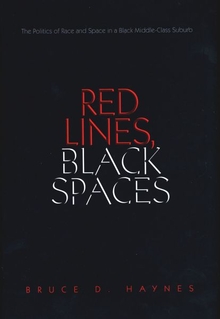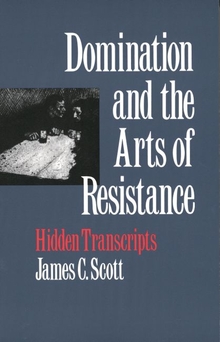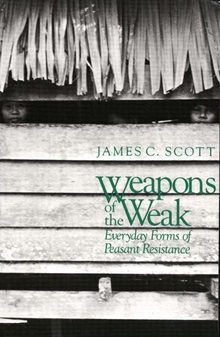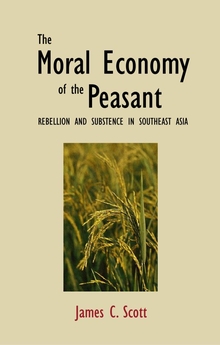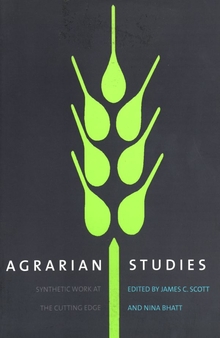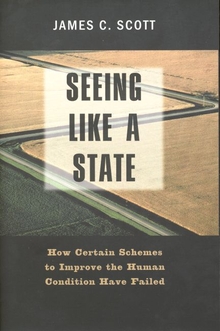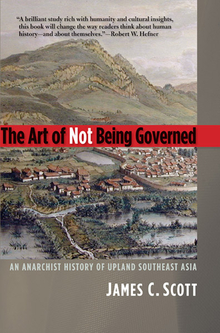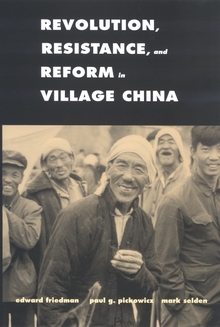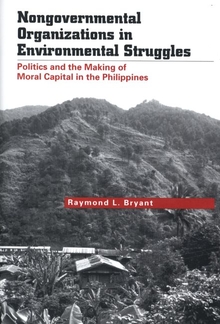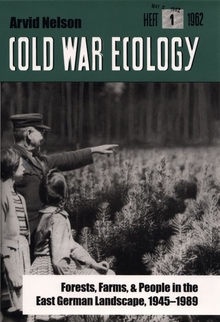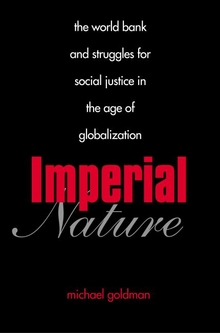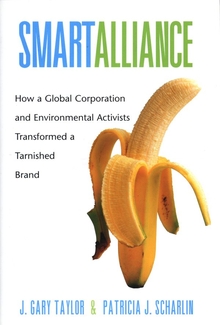The Politics of Food Supply
WARNING
You are viewing an older version of the Yalebooks website. Please visit out new website with more updated information and a better user experience: https://www.yalebooks.com
U.S. Agricultural Policy in the World Economy
Bill Winders; Foreword by James C. Scott
Out of Print
This book deals with an important and timely issue: the political and economic forces that have shaped agricultural policies in the United States during the past eighty years. It explores the complex interactions of class, market, and state as they have affected the formulation and application of agricultural policy decisions since the New Deal, showing how divisions and coalitions within Southern, Corn Belt, and Wheat Belt agriculture were central to the ebb and flow of price supports and production controls. In addition, the book highlights the roles played by the world economy, the civil rights movement, and existing national policy to provide an invaluable analysis of past and recent trends in supply management policy.
Bill Winders is associate professor of sociology, the School of History, Technology, and Society, Georgia Institute of Technology. He lives in Atlanta.
Instructors: This title is also available in paperback. If you would like to request access to an e-examination copy of this title, please click here.
"Breaking new ground, Winders' original class analysis of US agricultural politics differentiates commodity programs as vectors of privilege and change in farm policy and markets at home and abroad."—Philip McMichael, Cornell University
"A clear, detailed, and intelligent guide to the history of US agricultural policy" Alice Weinreb, Environmental History.
Winner of the 2011 Political Economy of the World-System (PEWS) Section of the American Sociological Association Book Award
Publication Date: May 19, 2009
18 b/w illus.

